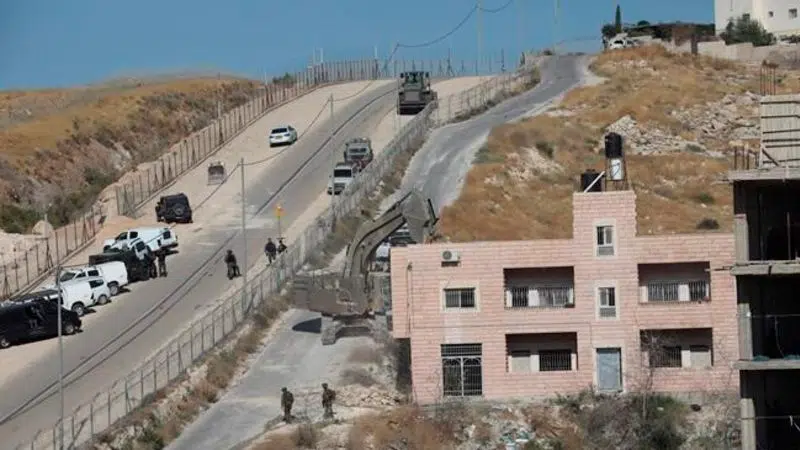
Israeli crews demolish Palestinian homes in east Jerusalem
JERUSALEM — Israeli work crews on Monday began demolishing dozens of Palestinian homes on the outskirts of an east Jerusalem neighbourhood, in one of the largest operations of its kind in years.
The demolitions capped a years-long legal battle over the buildings, constructed near the invisible line straddling the city and the occupied West Bank. Israel says the buildings were erected too close to its West Bank separation barrier. Residents say the buildings are on West Bank land, and the Palestinian Authority gave them construction permits.
In the wake of a recent Supreme Court decision clearing the way for the demolitions, Israeli work crews moved into the neighbourhood overnight. Massive construction vehicles smashed through the roofs of several buildings, and large excavators were digging through the rubble.
Gilad Erdan, Israel’s minister of public security, said the Supreme Court ruled the illegal construction “constitutes a severe security threat and can provide cover to suicide bombers and other terrorists hiding among civilian population.”


